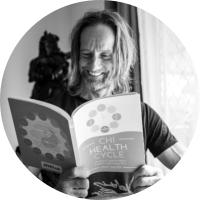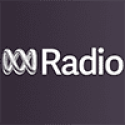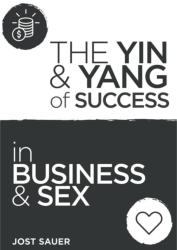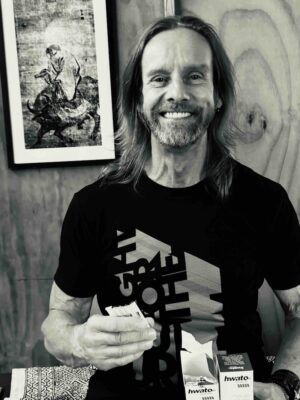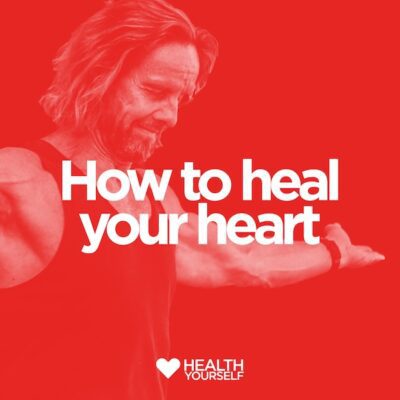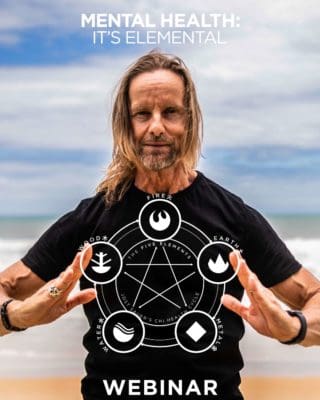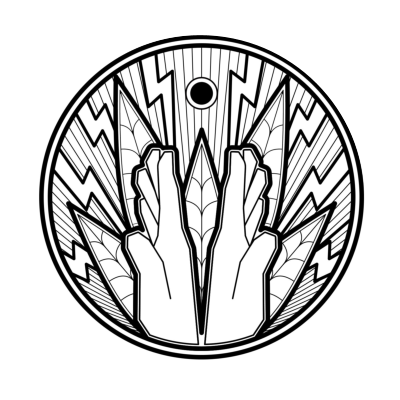Why weekly date nights and romance advice fail – and how to address the invisible patterns that actually determine relationship success or failure. The Surface Solution Trap “Can you reignite intimacy and passion with weekly dates?” This question came up in my clinic recently, and while scheduled romance…
Lifestyle Medicine Articles
Lifestyle Medicine / Coffee Is Good For You
Posted November 15, 2018

Coffee Is Good For You
by Jost Sauer
Coffee is good for you, if you know how to use it. If you regularly drive around in your car with a coffee or wander into the office clutching a triple-shot long black, or even turn up at a friend’s place with your own coffee already in hand, you probably have a caffeine dependency.
It already seems like the dim distant past when people would sit down in a nice cafe, enjoying a leisurely coffee and conversation. There’s no time for that now, and coffee itself is partly to blame! Lifestyle takes the rest of the blame.
We live at a fast pace these days, always doing more and more. This is a ‘yang’ quality. On one level we love this. It feels right because we are meant to seek and reach and always want more from life. But this is supposed to be balanced with an equal amount of time spent sitting back and ‘not doing’. This is a ‘yin’ quality.
But we’ve lost the connection to yin. If you want to test your yin connectivity, see if you can sit down for breakfast for 20 minutes and eat slowly and calmly while you do absolutely nothing else. No mobile phone, no emails, texting, social media, TVs, radio or newspapers. Or try to just sit and do nothing at all for 10 minutes.
Most people can’t do either, and the upshot is we are exhausting our inner resources and creating the ‘tired all the time’ feeling. Here’s where coffee, and that instant sensation of action and movement, comes into the picture. Basically we turn to coffee for energy. But coffee doesn’t give you energy it takes your energy away.
From the perspective of Chinese medicine that buzz you get from a coffee comes from an increased blood flow and a release of what we call ‘jing’ – this is your own inner energy store. You might feel more energized, but you are simultaneously increasing underlying exhaustion or tiredness (and accelerating your ageing), so you’ll end up needing even more caffeine.
To build energy you need to put energy into your body. Chinese herbal tonic formulas are great for this. They build yang in the presence of yin. Whereas coffee rises the yang and depletes the yin. After three days on coffee, you still need coffee. After three days on a good herbal tonic you no longer need it as your energy levels have been sustainably restored.
I’m not saying quit coffee, it’s great stuff, but rather consistently build up your energy sustainably with nutrients and supplements and a few simple lifestyle changes. Then maybe revive the old social relationship with coffee, of sitting down and enjoying it in a celebratory way.
Meanwhile definitely avoid drinking coffee while you drive. In Chinese medicine caffeine impacts on your liver. This is the organ which has a connection to happiness and movement, or to frustration and stagnation. Too much coffee creates the latter and instead of a happy liver, you get the snappy liver, a short fuse and an increase in the likelihood of road-rage.
If you like walking around with a takeaway coffee-cup in hand, and sipping while you do stuff, fill it with green tea instead.
- Don’t have coffee before food in the morning, it will impact on your digestion.
- Don’t have coffee at any time after lunch. It will impact on your ability to sleep. TCM coffee is a herb and its effects last much longer than a temporary caffeine rush. It activates processes that last for hours after you drink it. The most effective time to have coffee is between 9am – 1pm. If you have coffee later in the afternoon the processes it triggers are no longer beneficial as they create imbalances that can lead to unhealthy behavior patterns.
- If you are a coffee drinker, enjoy a cup after breakfast. In TCM we don’t have isolated values. Coffee is not good or bad, it is a herb so it is what you do with it that matters. The idea is to use it to enhance your health. It’s not a good idea to use coffee to override your morning symptoms as this can trigger the lifestyle disease progression of constant corrections. Coffee before food also ‘raises the yang’ and opposes your stomach chi which needs to descend.
- Have an energy boosting ‘blood-building’ herbal tonic to improve your stamina before you get stuck into your work. This supports four hours of super productive work which buys you more ‘me’ time as you don’t have to work when you get home. It also reduces the reliance on coffee.
- To make your lifestyle medicinal hold off coffee until 9.30am when it kicks over into work mode. By then you’ve got your own yang established. To make your life truly medicinal quit coffee during the week and replace with green tea. Have coffee on weekends as an enjoyable experience. The plan is break the reliance on coffee as a stimulant, and develop the chi that moves you instead.
Share this article:
About Jost Sauer
Jost Sauer is an expert in preventative health and Chinese medicine.
Jost pioneered lifestyle medicine for addiction, kickstarted a recovery revolution with his groundbreaking rehab program, and then adapted the program for everyone as the Chi Cycle lifestyle; a health-boosting, fat-burning feel-good day plan.
Jost has treated thousands of people including celebrities, CEOs and athletes, using his unique combination of Chinese medicine, acupuncture, chi-activation, motivational coaching and lifestyle. He offers individual sessions, training programs and retreats. Jost’s passion is to show everyone how to optimise their organ function, synch back in and reconnect to natural rhythms, and make every day medicinal and magical…
Related Articles
Forget everything you’ve been told about healing from relationship breakups. This groundbreaking method transforms heartbreak into an opportunity for authentic self-discovery and spiritual awakening. Why Traditional Heartbreak Advice Fails Most relationship recovery advice follows the same tired formula: take time to grieve, don’t rebound too quickly, work on yourself,…
Feeling overwhelmed by anger everywhere you look? You’re not alone. Here’s how to use anger as fuel for positive change instead of letting it destroy your health and relationships. The Anger Epidemic: What’s Happening to Us? There’s no denying it – anger is everywhere right now. I see it…

